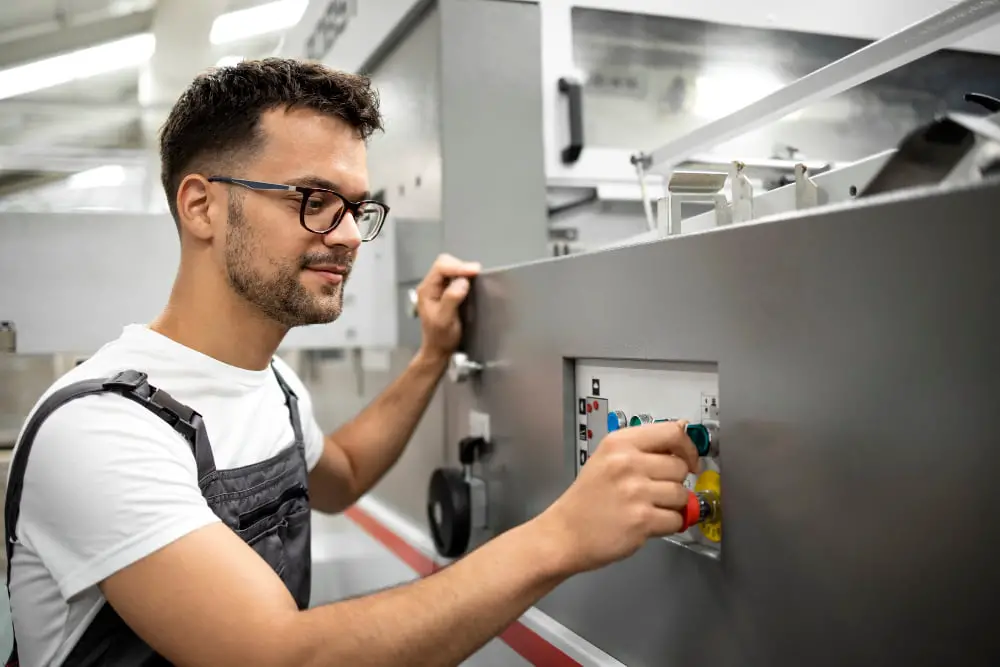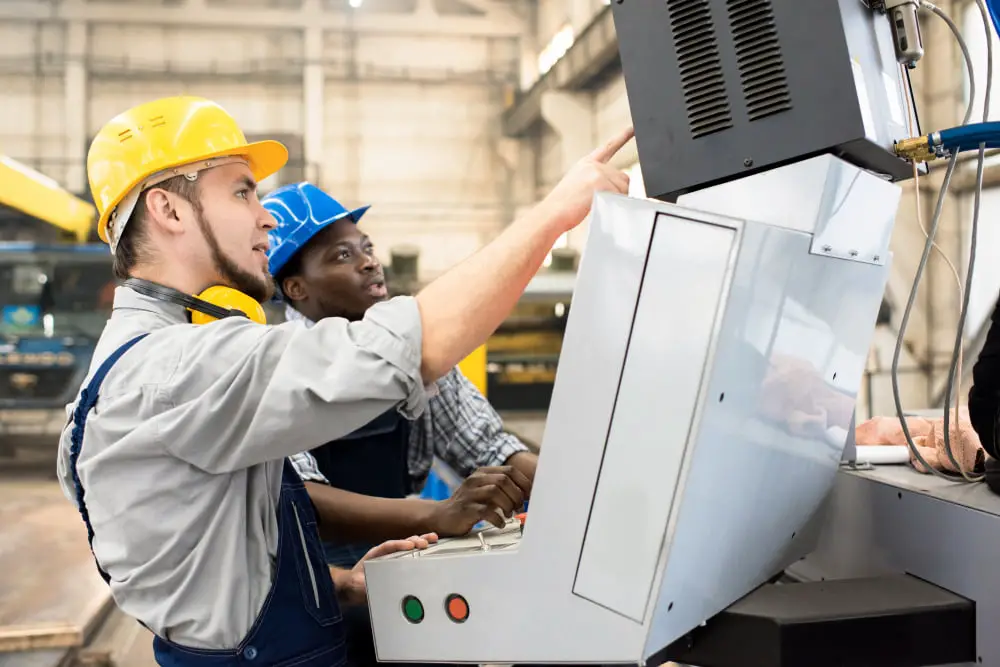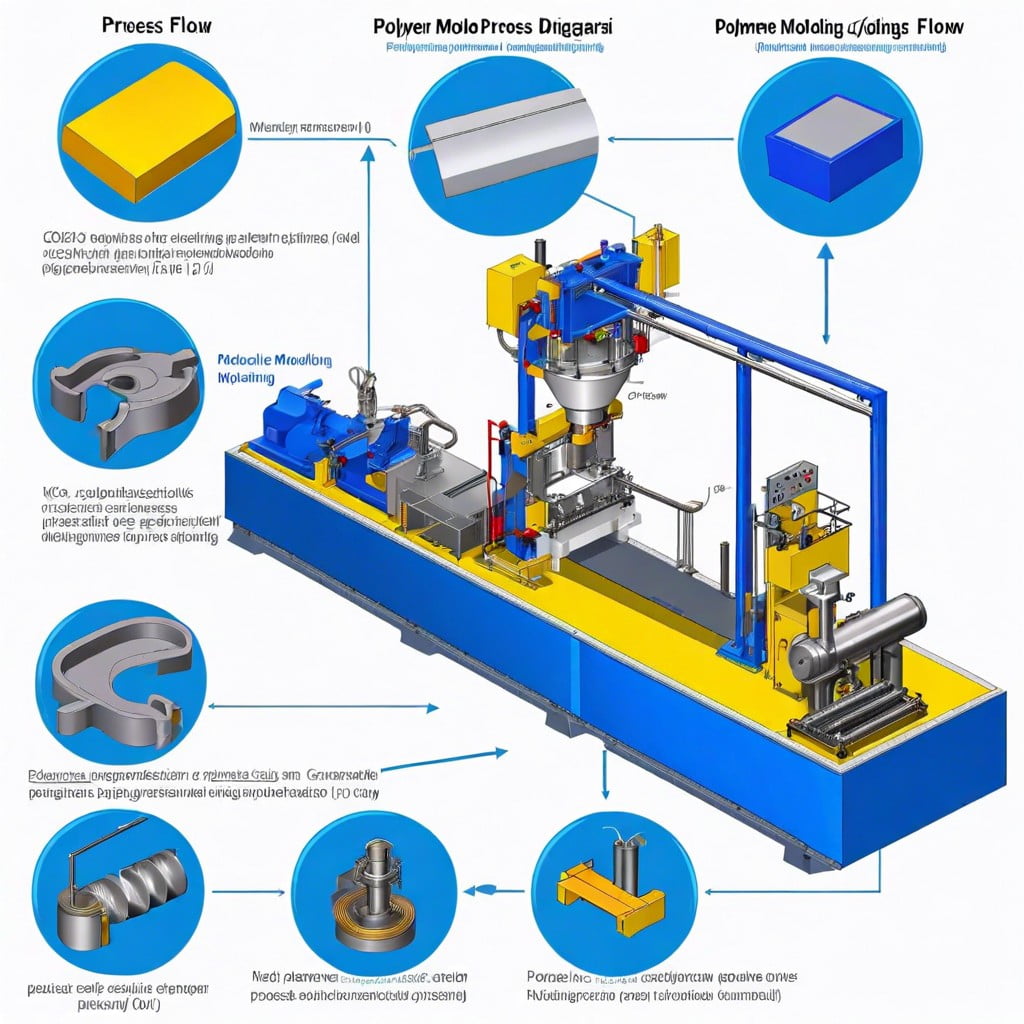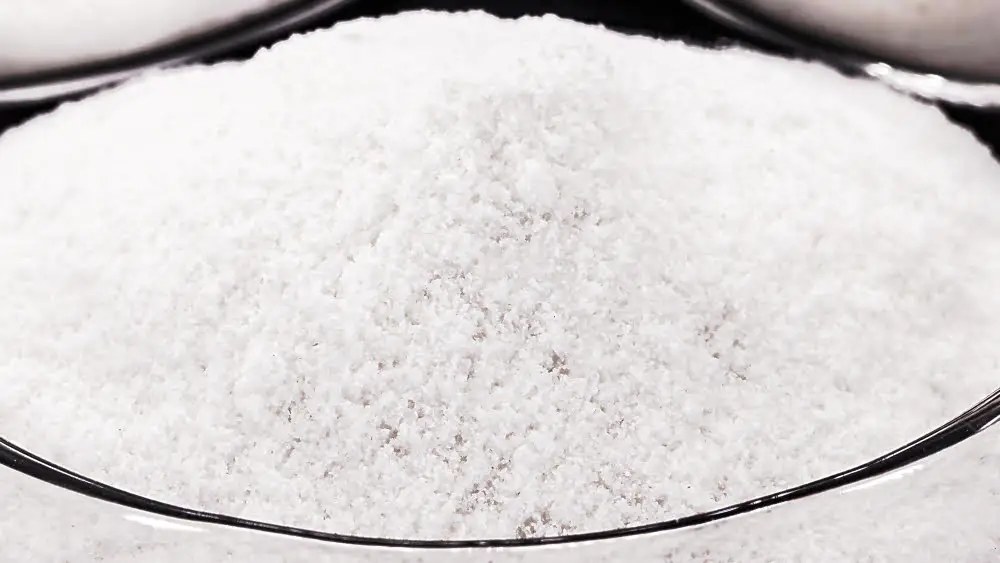Discover the essential steps to becoming a proficient plastic extrusion operator in the construction industry.
Becoming a plastic extrusion operator involves mastering the art of manipulating polymers into specific shapes and sizes. This process is crucial in construction, as it allows for the creation of various building materials.
To excel in this role, you’ll need to familiarize yourself with different types of polymers, understand the mechanics of the extrusion machine, and learn how to troubleshoot common problems.
This article will guide you through each of these steps, providing detailed information to help you navigate your journey to becoming a skilled plastic extrusion operator.
Whether you’re starting from scratch or looking to refine your skills, this comprehensive guide is here to assist you.
Key takeaways:
- Plastic extrusion operators are responsible for shaping polymers into useful forms.
- Operators need to familiarize themselves with different types of polymers.
- They must understand the mechanics of the extrusion machine and troubleshoot problems.
- Essential skills include mechanical aptitude, attention to detail, problem-solving, and math and computer skills.
- Operator responsibilities include operating and maintaining machinery, conducting quality control, and adhering to safety regulations.
Understanding the Role of a Plastic Extrusion Operator

A plastic extrusion operator is a key player in the manufacturing department, charged with the duty of ensuring efficient, precise, and consistent shaping of raw plastics into forms that are useful in numerous industrial sectors. The position necessitates incomparable technical prowess for the skillful operation of the extrusion machines, which require intricate maneuvering for the production of diverse plastic shapes.
In essence, the role entails:
- Operating the plastic extrusion machinery with proficiency
- Regulating the machinery speeds and temperatures as dictated by the nature of the plastic and desired product shape
- Supervision over the extrusion process from the start to cool off phase
- Conducting routine checks and maintenance on the machinery
- Quality control of the created plastic forms for shape, size, and finish
These tasks hint towards the multifaceted nature of the role- blending technical prowess, meticulous workmanship, and an unwavering commitment to quality.
Essential Skills and Personality Traits for an Extrusion Operator

Successful plastic extrusion operators commonly display an aptitude for mechanical learning and are typically detail-oriented individuals. These traits complement the requirement for precise adjustments and strict quality control in extrusion processes.
High levels of physical fitness and manual dexterity assist operators in managing the heavy machinery primary in plastic extrusion operation. Having good coordination ensures seamless setup, operation of equipment and handling of raw and finished products.
Problem-solving skills are essential, considering the various challenges that can arise in the operation process. Understanding mechanical principles and the ability to apply them effectively promotes smooth operation and reduced downtime.
Sound math and computer skills aid in the precise calculation of dimensions and operational parameters pivotal for optimum machine performance. Additionally, familiarity with CAD software is often beneficial for enhanced control over the extrusion process.
Last but not least, operators need to display a commitment to health and safety practices, given the potentially hazardous environment they operate in. Compliance with these rules ensures personal safety and that of coworkers, maintaining a productive workplace.
These skills and traits collectively contribute to the competence and efficiency of a plastic extrusion operator, enhancing their value and productivity in the role.
Tasks and Responsibilities of a Plastic Extrusion Operator

Extrusion operators assume a vital role within the manufacturing process, overseeing the function of machinery that moulds polymer material into required forms.
Firstly, they initiate and oversee the primary function: setting up and operation of extrusion machinery. They calibrate machines to the required settings, feed the raw polymer material into the machines, and observe the extrusion process to guarantee successful shaping.
Maintenance of the machinery is also a critical task. Operators perform routine checks, clean pieces of machinery, and tackle minor repairs or maintenance tasks to keep the machine in good working condition. In the case of more complex issues, they notify and cooperate with maintenance teams to resolve these matters.
Quality assurance is an essential responsibility. Operators monitor the product’s output to ensure it adheres to designated specifications and quality standards. In case of deviations, operators make necessary adjustments.
Lastly, documentation and record-keeping are vital for maintaining operational efficiency and marking the completion of product batches. It involves recording machine settings, product output, and any identified issues for later analysis or reference.
Safety regulations adherence is woven into all tasks. Following both company protocol and manufacturing regulations ensures a safe working environment, crucial in a field with potential hazards.
In essence, aside from technical duties, an extrusion operator plays a crucial part in ensuring product quality, machine functionality, and maintaining a safe working environment.
Differentiating Between Types of Plastic Extrusion Operator Roles

Certain roles in the plastic extrusion field focus on operating and maintaining equipment used to create a range of products, from pipes and profiles to films and sheets. Other positions may require overseeing the entire production process, monitoring systems to ensure efficiency and product uniformity.
Some operators specialize in setting up the machines, carefully calibrating temperatures, pressures and plastic mix proportions. These setup specialists often need a keen eye for detail, ensuring the machines are optimized for each run.
In a more technical role, die mechanics focus on the end part of the extrusion process, where the molten plastic is formed into a fixed shape. This role requires a thorough understanding of the physical properties of plastics and how they react under different conditions.
On the quality control side, operators are responsible for testing and grading the finished product. This involves checking the product’s physical attributes, such as thickness and hardness, against predefined standards.
Career aspirants should consider their interests and skills when picking a specialization in this field, but it’s good to remember that these different roles often work closely together and complement each other. A broad knowledge of the extrusion process can benefit everyone.
Training Requirements for a Plastic Extrusion Operator

To venture into the role of a plastic extrusion operator, specific training is indispensable. Most companies prefer technical diploma holders in the field of industrial technology, mechanical engineering, or an equivalent discipline. However, the educational prerequisite may be less rigid in some cases, with on-the-job training supplementing a basic high school diploma.
On the job, one is most likely to encounter hands-on instruction regarding the utilization of extrusion machines and tools. Operators also learn how to troubleshoot, perform regular maintenance, and ensure compliance with safety regulations.
Professional courses offered by certain technical institutions are another avenue to learn about raw materials, methods for controlling extrusion processes, and techniques in optimizing product quality.
Meanwhile, if you are already employed in the field and seeking to brush up your skills, online training programs can be a good choice. These typically cover diverse topics, from fundamentals of plastic materials and processing to advanced knowledge of thermoplastic extrusion. They allow learners to set their own pace and often include evaluations to measure understanding and progress.
Moreover, apprenticeships in plastic extrusion offer another particularly immersive way to gain practical experience while also receiving theoretical education, combining paid work with technical training in a classroom setting. Apprentices learn the intricacies of the trade under the guidance of experienced professionals.
Lastly, it is essential to continuously stay updated with emerging technologies in plastic extrusion and related advances by participating in webinars, workshops, industry seminars, and conferences. Keeping abreast of these changes ensures you remain competitive and skilled in the job market.
By exploring these channels of learning and development, you can lay a solid foundation for a prosperous career in plastic extrusion.
Certifications Needed for a Plastic Extrusion Operator

Obtaining the necessary certifications is pivotal to becoming a qualified plastic extrusion operator. These qualifications serve the dual purpose of enhancing the operator’s understanding of the job and establishing credibility.
A prominent credential in the industry is the Certified Extrusion Operator (CEO) Program. Offered by the Plastics Industry Association, it focuses primarily on safety standards, equipment operation, and maintenance protocols.
Next, the Vocational Training Certification in Plastic Processing is another invaluable certification. It provides a basic understanding of plastic materials, their processing methods, and industry safety procedures.
Specific manufacturers also offer in-house certifications for operators to become proficient with their particular extrusion machinery. These are often widely respected within the industry and provide a testament to an operator’s adaptability and machine-specific knowledge.
Especially for those aspiring for leadership roles, a Certification in Production and Inventory Management can provide advanced operational knowledge, including supply chain management and lean manufacturing concepts.
Finally, attendance in continuing education programs, workshops, or seminars related to plastic extrusion can further boost one’s professional profile. They not only provide opportunities for learning about the latest industry trends but are also frequently recognized by employers.
Remember, each certification requires a varying level of commitment, and prospective plastic extrusion operators should carefully consider their long-term career goals before making a decision. As with any professional development, it is important to maintain current certifications and stay aware of new offerings within the industry.
Career Advancement Opportunities for Plastic Extrusion Operators

Plastic Extrusion Operators can propel their careers forward in multiple ways. With extensive years of experience and acquired technical skills, they can aim for roles with higher responsibility and higher pay.
One way is to transition into a supervisory role, overseeing a team of operators and managing production schedules, quality control, and training new hires. The mastery of multiple extrusion processes, considered a valuable skill, often leads to this path.
Another possibility is to move into equipment maintenance. This role demands a deep understanding of the machinery used in extrusion and how to fix it when it malfunctions.
For those interested in the broader aspects of the industry, a shift to a production manager role could be ideal. In this role, one coordinates all stages of production, from material acquisition to finish product delivery, while ensuring cost-efficiency.
Becoming a process engineer is another substantial career shift for an experienced operator. Their overall responsibility is to design, implement, control, and optimize industrial processes, including plastic extrusion.
While more challenging, setting up one’s plastic extrusion business is also an option. Such an endeavor requires understanding the market, mastering the technological processes, and having a substantial initial investment.
However, most of these paths require additional certifications, further education, or careful networking within the industry to understand trends and opportunities. Each represents a dedication to hard work but in return provides a promising future in the plastic extrusion industry.
FAQ
What skills are required for extrusion operator?
An extrusion operator requires strong mechanical skills, tool operation proficiency, and problem-solving abilities to control equipment and identify and rectify any mechanical issues.
What is another name for an extruder operator?
Another name for an extruder operator is a drawing machine operator.
What does an extrusion operator do on a resume?
An extrusion operator operates, maintains, and repairs extruder machinery while performing quality control tasks, such as caliper measurements, checking material density, cohesion and adhesion, and assessing material constituent quality.
What does plastic extrusion make?
Plastic extrusion makes products like pipe/tubing, weatherstripping, fencing, deck railings, window frames, plastic films and sheeting, thermoplastic coatings, and wire insulation.
What are the safety protocols an extrusion operator must adhere to?
An extrusion operator must adhere to safety protocols, including using personal protective equipment, ensuring proper machine operation, undergoing regular training, maintaining a clean workspace, and complying with all occupational safety standards.
How does the process of plastic extrusion contribute to the overall manufacturing cycle?
The process of plastic extrusion contributes to the overall manufacturing cycle by heating, melting, and shaping polymers into continuous profiles with a defined cross-section, providing an efficient way of producing a vast range of plastic products.
What is the role of a polymer in the effectiveness of plastic extrusion?
In plastic extrusion, polymers provide the structural and thermal properties needed to make plastic products durable, flexible, and temperature-resistant.
Recap



